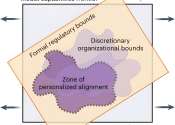A deep learning approach to identify Twitter users' location during emergencies
Researchers at the National Institute of Technology Patna, in India, have recently devised a tool to identify the geographical location of emergencies and disasters, as well as that of the people involved in them. Their approach, ...









